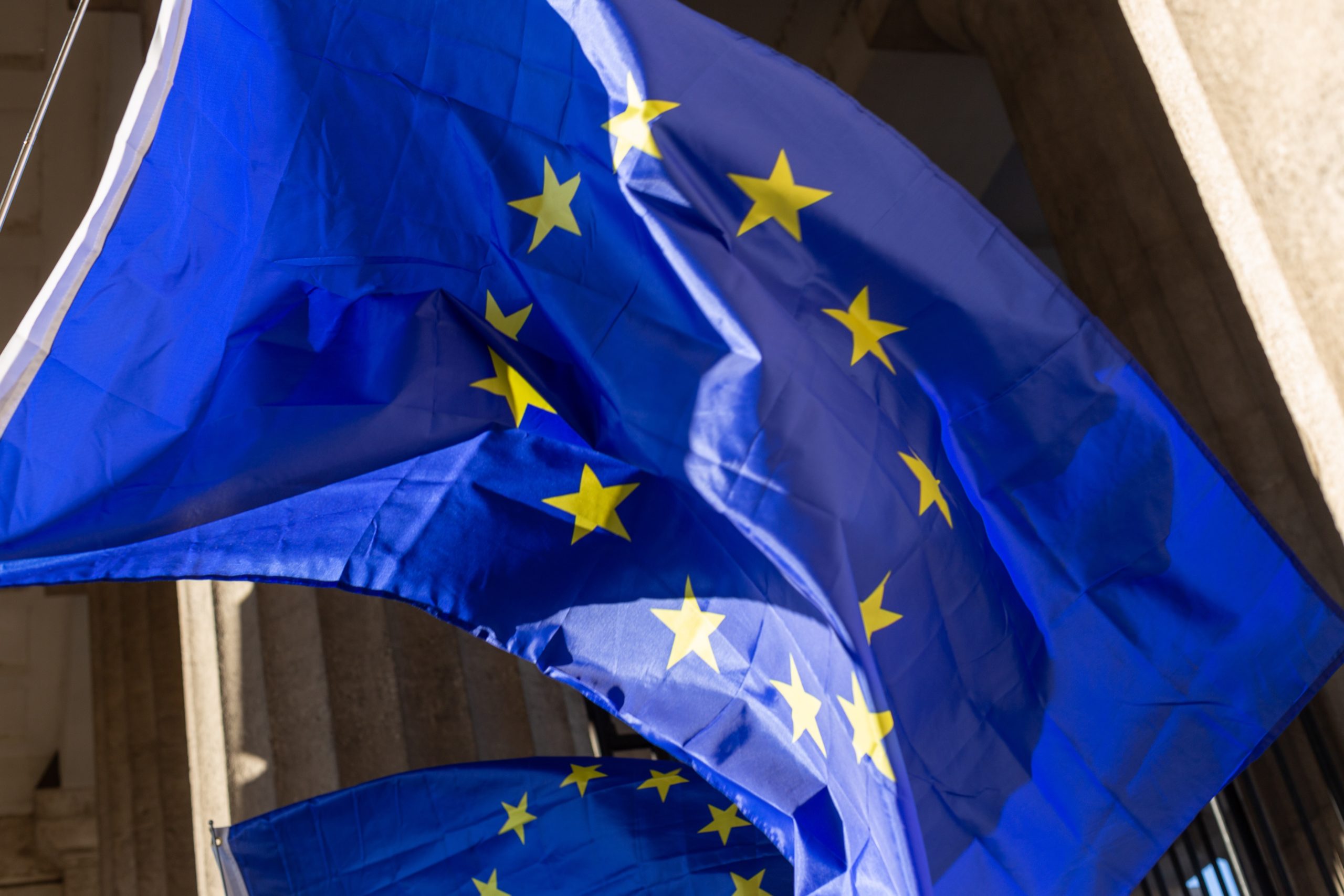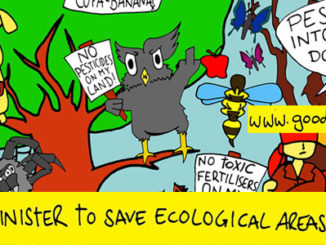The center-right EPP party in the European Parliament has put forward a draft proposal to reject the Nature Restoration and Sustainable Use of Pesticides Regulation. Their reasoning? Food security – or, at least a particular construction of food security. Ashley Parsons reports.

EPP lashes out against SUR and the Nature Restoration Law
The European People’s Party (EPP) is facing backlash from environmental groups and citizens after opposing two regulations under the European Green Deal.
The EPP is positioning itself as a defender of farmers and still leaning on questionable concerns of food security, ahead of next year’s legislative elections. There has been a concerted move within the party to weaken or delay Green Deal legislation impacting agriculture. The party adopted a resolution at its conference in Munich rejecting the Commission’s proposals for new EU rules to curb pesticide use and boost nature restoration, saying the proposed goals are not feasible and do not offer farmers viable alternatives.
The political group claims that pesticide reduction puts European food security at risk, a position many scientists in the field have said does the opposite. Further, evidence on the ground has shown so much tariff-free supply from Ukraine into the rest of Europe that there have been compensation packages and growing farmer disquiet over this.
Martin Dermine, director at PAN Europe and initiator of the European Citizens’ Initiative (ECI), has accused the EPP of abandoning three basic principles of responsible European policy-making: implementing EU law, following a scientific consensus, and protecting the livelihoods of citizens. The proposed Sustainable Use Regulation aims to reduce the use and risks of pesticides and protect sensitive areas and human health. The EPP’s opposition to the regulation is seen as undemocratic and contrary to the legislative requirements of the Sustainable Use Directive.
By defending chemical-intensive agriculture, the EPP is endangering the future of agriculture and the livelihoods of farmers, according to Helmut Burtscher-Schaden, environmental chemist and co-initiator of the ECI.

Carrying on a Wider Trend
Party lines aside, the European Union (EU) institutions have largely ignored the recommendations made by the European Parliament’s special committee (PEST) to improve the authorisation system for pesticides, according to a press release.
In January 2019, the European Parliament voted in favor of 116 recommendations made by the PEST committee to make the EU’s pesticides authorization system more transparent and efficient. However, new analysis reveals that 57% of the recommendations have not, or barely, been implemented, while 28% have been only partly or insufficiently implemented. In some cases, the authorization and usage of systemic pesticides have even worsened.
A review conducted by Pesticide Action Network (PAN) Europe, a coalition of NGOs, shows that only 15% of the PEST committee’s recommendations have been implemented, more than four years after the committee’s final report was approved.
According to Hans van Scharen from the Corporate Europe Observatory, “If this shows how serious the European Commission and Member States take improvement of pesticide regulations, and also how serious they take governance and the democratic process, then one should not be surprised if citizens lose their faith in the EU.”
However, as the EU institutions continue to ignore the PEST committee’s recommendations, the call for urgency to improve the way the EU deals with synthetic pesticides grows louder.
More
France | Pesticides, PDOs & Plenty of Spin at Salon de l’Agriculture 2023
Protest, Pesticides and the Parliament – European news round up







2 Trackbacks / Pingbacks
Comments are closed.